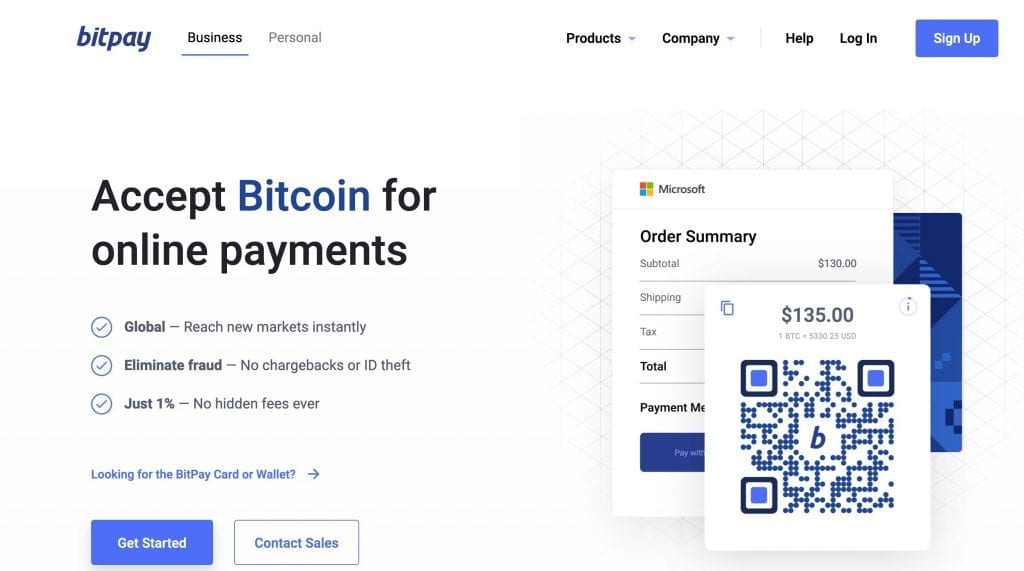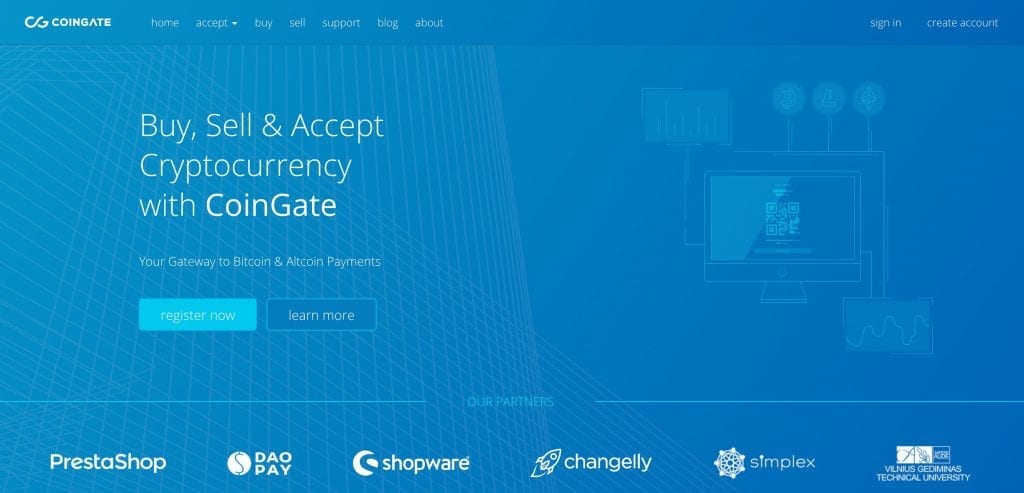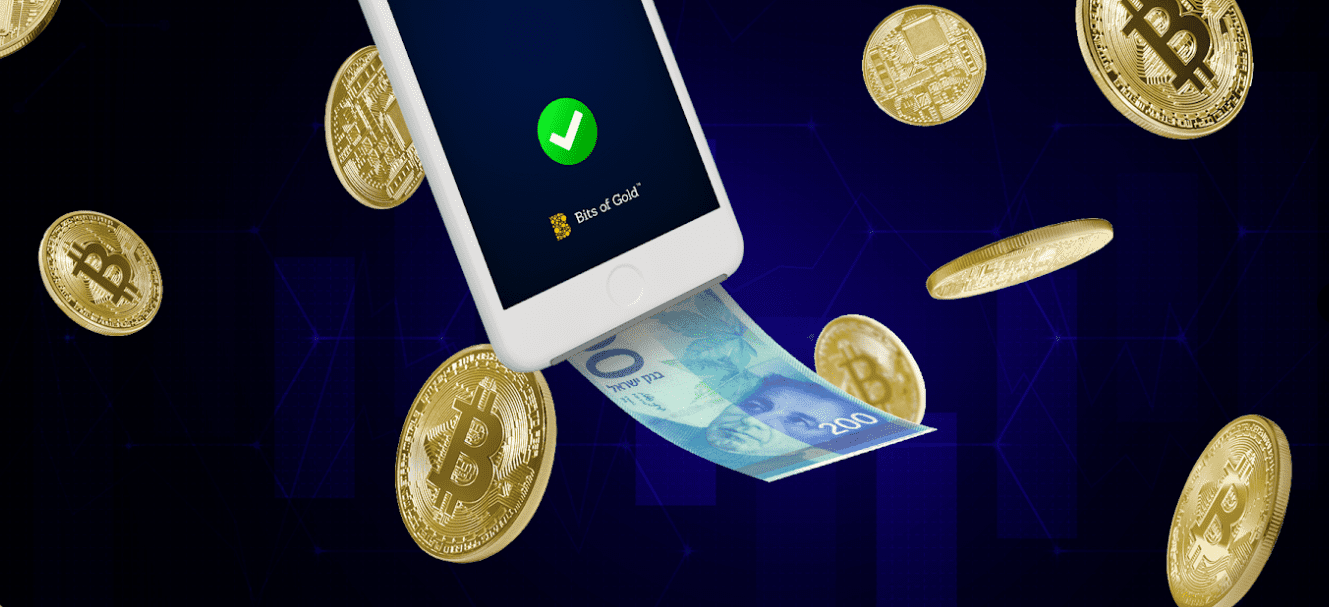Since the boom in 2017, cryptocurrencies have been permeating the consciousness of the public and more people are involved in and informed about them than ever. Far and away the most popular of these cryptocurrencies is Bitcoin, which many consider to be the most secure method of sending and receiving money on the internet at this time. Through the use of Bitcoin payments, users can send and receive money without exposing private information related to their crypto wallets and other accounts. Other cryptocurrencies are also experiencing a large amount of use as payment methods, including Litecoin and Ripple.
Because of the increase in the popularity of cryptocurrencies, various businesses have begun to offer cryptocurrency payment services to their customers. In this article, we will be focusing on the rise of Bitcoin payment services by discussing what they are specifically, how they work and running through some real-life examples of businesses that offer these types of services.
Some of these Bitcoin payment services have made it so that their users can pay for something as simple as a cup of coffee or tea with their Bitcoin balance by using their mobile phone to scan the QR code of the store in question. Even the Dell Corporation is offering customers the option to pay for laptops by using the cryptocurrency.
What are Bitcoin Payment Services?
In the simplest terms, Bitcoin payment services are a type of financial service offered by a business in which businesses can allow their customers to make payments for services or items which the business provides through Bitcoins. They are in essence similar but also very different to both debit and credit cards.
Using a real-life example, if you were to frequent a Starbucks store and you want to buy a coffee, you simply swipe your debit or credit card and the payment will automatically be processed for you. Alternatively, if you were shopping online on a jeweler’s site to buy a watch, you would be able to make the purchase on their website by using that same debit or credit card.
In both of the presented situations, there is a system which provides your payment services. In Starbucks, it would be the card machine and on the jeweler’s website, it would be their online shopping portal. These systems allow your method of payment to be authenticated and process the payment for you. They will also make digital recordings of transaction information, providing evidence of sale for all of the involved parties.
Bitcoin payment services work in a very similar fashion and act as that bridging point between yourself as the customer and the seller to facilitate the transfer of Bitcoins. These payment services will make digital recordings of the transactions on the blockchain’s specific public ledger.
This type of service allows the merchants to accept payments in Bitcoins both at their physical storefronts and on their online shopping portal. It also helps that neither the merchant or the purchaser has to concern themselves with the complex inner workings of the blockchain-based payments system and therefore the payments themselves which operate unseen.
How do Bitcoin Payment Services Function?
All of the most commonly used and most effective Bitcoin payment services provide a number of different platforms for vendors to accept payments in Bitcoin. Some of these methods include built-in integration with a number of popular e-commerce solutions such as Shopify, Magento and many more when speaking about online payments. With physical store payments, they help to provide integration with the more commonly used Point-of-Sale Tills. Finally, with regard to accountancy and bookkeeping options, they allow businesses to send crypto invoices through solutions such as Host Bill and Invoice Ninja.
The way it works is that the customer will select the option to pay for their item/service in Bitcoin, then whilst the payment is going through, the exchange rate will be locked-in and will convert the appropriate amount of Bitcoins into the required amount of money to complete the transaction. This stops the risk of cryptocurrency volatility affecting transactions.
The payment services will send the required information securely over the blockchain network. This will allow the transaction to be validated and then a recording will be made on the public ledger of the blockchain.
During this whole procedure, the cryptocurrency miners who verify the transactions and add them to the ledger are given a “miner’s fee”. The Bitcoin payment service does not take any of this money and is only a reward given to the miners.
Examples of Bitcoin Payment Services
Bitpay is also a provider of Bitcoin and Bitcoin Cash payment services, allowing its customers to accept payments online and in a physical store. They allow their users to accept payments from over 38 countries across the globe and form bank deposits from a variety of different fiat currencies, including the US Dollar, Euro, and British Pound, amongst others.
As it stands, they have managed to strike partnerships with a large number of big businesses across the globe, including WordPress, the Sacramento Kings basketball franchise, game development company Zynga and many more.
Bitpay is one of the market leaders in Bitcoin payment services, and has been trading since 2011.
Israeli crypto trading firm Bits of Gold, founded by Youval Rouach has now begun to offer their Bitcoin Payment as a Service (BiPaaS) platform. The service itself is intended for businesses that are looking to pay their own suppliers both in Israel and abroad, with Bitcoin, without having to concern themselves with the process of converting the coins and then sending them themselves.
To track payments that are being made on the platform, customers will be provided with a “shared management sheet” which will be made up of all of the different fields related to the customer. Each time the Bits of Gold customer wants to pay their supplier, they will send a request to the platform and the Bits of Gold team will deal with the rest.
Customers of the BiPaaS platform are given a credit line of 30,000 New Israeli Shekels worth of Bitcoins per week and at the end of the week, the total used credit balance will be paid off by the customer. If a transaction exceeds the 30,000 NIS credit line, the difference will need to be paid immediately by the customer.
Their system helps businesses to make the required payments to their suppliers in a quick, easy and structured manner.
Having started in 2014, Coingate’s cryptocurrency payment services allow their users to accept payments both in the form of Bitcoins and various other altcoins, with the altcoin integration being achieved with Shapeshift. When payments have been received by the vendor, their service allows them to convert the bank deposit into either US Dollars, Euros or Bitcoins.
Coingate’s service has a wide array of applications which are suited to the needs of a variety of business types. This includes e-commerce system plugins to facilitate online payments, Application Programming Interfaces, and various POS apps. This includes fully functional payment buttons that can be configured for web browsers, IOS devices, and Android devices.
As of the latest figures from April 2018, Coingate has processed 200,000 unique transactions and has created a user-base comprised of 50,000 different users, but this number is of course, constantly growing.
In the interest of user security, Coingate has decided to store the cryptocurrencies that they hold in cold storage, to minimize the potential risk of attackers stealing the coins.
Coinbase, the popular crypto exchange has their Coinbase Commerce service, which allows merchants to accept payment in cryptocurrencies, allowing you to deposit the currencies in your bank in a variety of different fiat currency formats. This service is for online payments through Shopify, Presta Shop, Woo Commerce, Magneto and OpenCart .
They also offer functionality with the stablecoin USD Coin.
One of the biggest selling points for their service is that there are no fees involved when you are accepting payments through cryptocurrencies. They also allow the user to keep hold of their own cryptocurrencies, coupling this with their rigorous security processes, they ensure that your cryptocurrency holdings are as safe as you want to make them.










